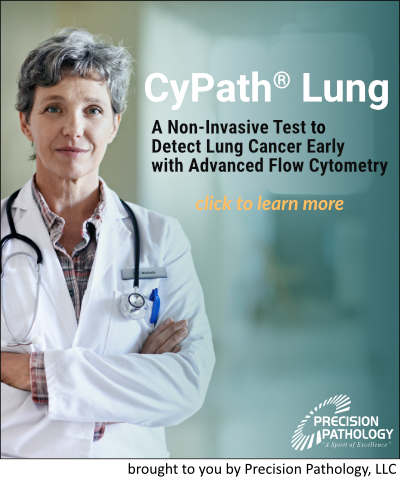APRIL 9, 2016
As published in the San Antonio Business Journal
By W. Scott Bailey
San Antonio based bioAffinity Technologies is moving closer to commercializing its initial cancer diagnostics technology via a combination of new funding and strategic hires, according to President and CEO Maria Zannes.
The privately-held, development-state biotech company has launched a Series A funding round and is seeking to raise $12 million.
“We expect to close in the third quarter of this year,” she said. “The response has been very positive.”
Simultaneously, bioAffinity is assembling a scientific team to further advance its research and development capabilities.
Dr. Vivienne Rebel has joined bioAffinity as executive vice president of research and development, as well as chief medical and science officer. Her team will also include David Elzi and Jamila Sanchez, who will serve as director of basic and applied research and senior manager for lung diagnostics, respectively.
Zannes told me the newly-appointed team of scientists “will accelerate commercialization of the Company’s breakthrough, non-invasive cancer diagnostics, leading with a test for the early detection of lung cancer.”
Rebel is a Harvard-trained cancer stem cell biologist who received the Cancer Discovery of the Year Award from the University of Texas Health Science Center at San Antonio in 2012.
“She has worked for nearly three years as part of a collaborative research program between the Health Science Center and bioAffinity Technologies,” Zannes said. “Dr. Rebel’s appointment as our top scientist speaks volumes with regard to the strength of our technologies and the impact we can have in the battle against cancer.”
Elzi comes to bioAffinity from the Health Science Center where his research focused on cellular senescence in primary and cancer cells.
Sanchez also previously worked at the Health Science Center, where her Barshop Institute for Aging and Longevity studies focused on associations between aging and cancer development.
The company’s porphyrin-based CyPath® bio-label preferentially binds to cancer cells and labels them a brilliant crimson red so that they can be detected by a fluorescent imaging system.

